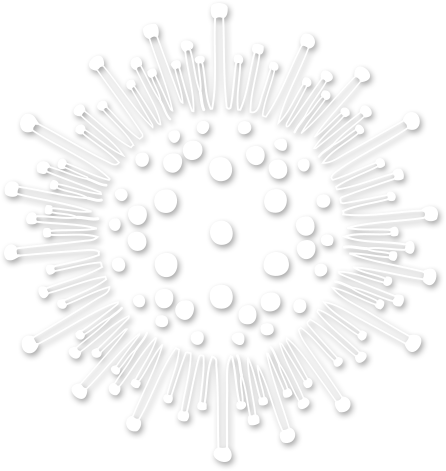‘The Lettuce Slug’
Monday, May 10th, 2010‘The Lettuce Slug’
Elysia crispata on Halimeda opuntia
Music, Video, and Aquarium
2010 Coral Morphologic
Lettuce sea slugs (Elysia crispata) are a commonly found in protected nearshore Floridian waters where green macroalgae proliferates. They belong to a clan of sea slugs, the sarcoglossans, that are characterized by their ‘sap-sucking’ feeding habits of algae. These slugs slowly patrol mangrove roots and rocks searching for green algae upon which they feed. They store some of the chloroplasts from eaten algae in their tissue, giving it the green coloration. The chloroplasts continue to function, providing the slug with photosynthetic energy. The ruffles along the back of the lettuce sea slug are called parapodia, and help provide more surface area for the chloroplasts to inhabit. They also camouflage the slug amongst the leafy algae that they live amongst. It is very easy to swim past a lettuce nudibranch without ever noticing it.
The scrolled rhinophores (antennae) on the head of the lettuce sea slug help detect the chemical fingerprints of their preferred algal species. If you look carefully, just behind the rhinophores, you’ll notice the small black eye spots that act as rudimentary eyes to detect changes in light and dark.
The macroalgae featured in the film is Halimeda opuntia, (named after its resemblance to the prickly pear cactus Opuntia sp.). It is unique amongst green algae in that it produces a semi-rigid, calcareous skeleton. In fact, the dead ‘leaf’ fragments of Halimeda spp. algae are a more significant producer of coral reef sand than the corals themselves. It is not uncommon to find lettuce sea slugs on Halimeda opuntia algae, as it frequently lives amidst the softer green algae that the lettuce sea slugs prefer.
